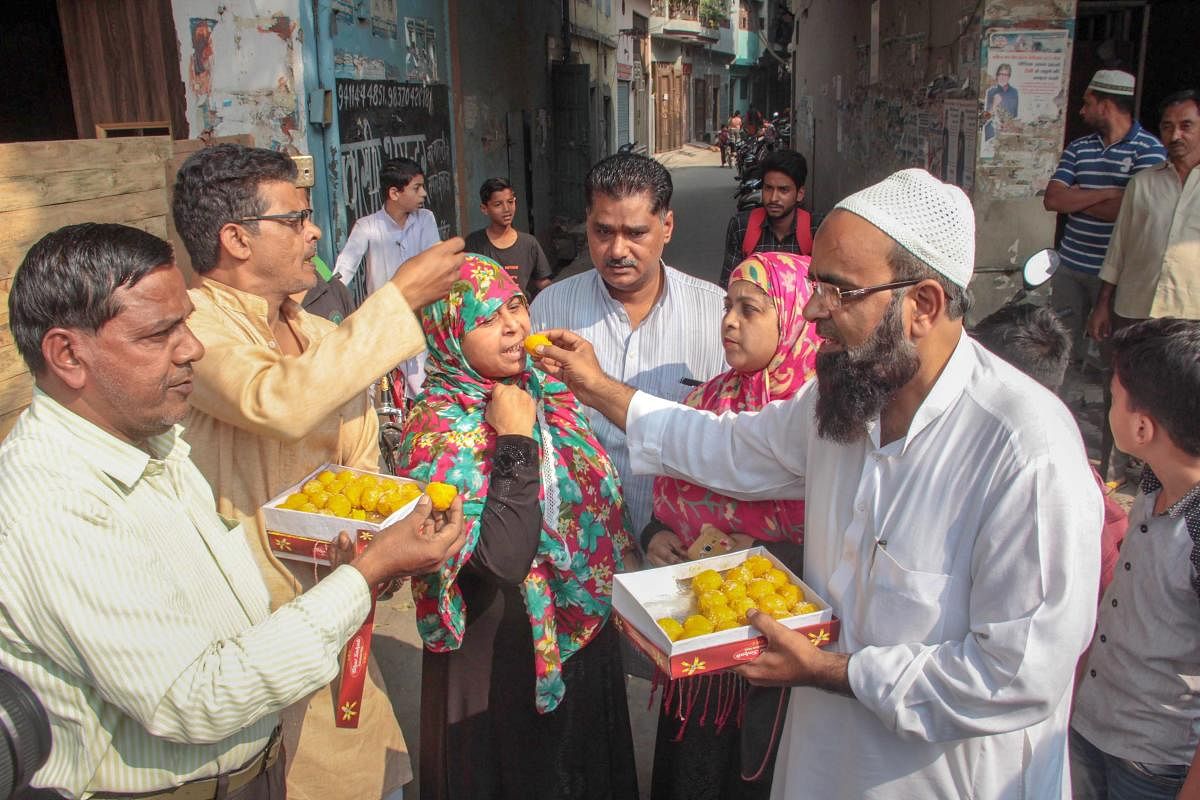Hashimpura had been wrongly and unfairly forgotten by many, but a Delhi high court judgement last week has brought it back into public consciousness and reminded the nation of a terrible crime that was committed there 31 years ago. It is only after three decades that some justice may be said to have been done in one of the worst cases of massacre of people by the uniformed force. Hashimpura is a village near Meerut in Uttar Pradesh from where about 45 Muslim men were abducted by the personnel of the Provincial Armed Constabulary (PAC) on May 22,1987. Most of them were shot dead and their bodies were thrown into canals. Only 38 dead bodies were recovered by the police, the rest were never found. After long investigations and trial, 16 accused PAC personnel were acquitted by the trial court in 2015. The high court has now convicted them and sentenced them to imprisonment for the rest of their lives.
The Hashimpura massacre was not just a case of police excess and violation of human rights. None of the victims had committed any crime or illegality. They were among the hundreds of people who had been rounded up by the PAC after sporadic cases of communal violence in the area in which the relative of an officer had been killed. It was a case of targeted killing of Muslims and the court rightly said that it was a case of “custodial killing where the legal system has been unable to prosecute the perpetrators of gross human rights abuses’’. It exposed not only the culpability of the killer individuals but, as the court observed, the “institutional bias within the law enforcement agents’’. The PAC had been known for its communally-coloured actions for a long time. The Hashimpura killings showed how an agency of the State could kill a section of innocent people and almost get away with it.
The case was sought to be scuttled from the beginning. The first charge-sheet was filed only in 1996, 11 years after the killings. The investigation was so shoddy that a good part of the evidence was deliberately left out. The Supreme Court ordered shifting of the case to Delhi in 2002, and a fresh charge-sheet was filed. The trial court confirmed the massacre but found no evidence against the accused. The high court had to summon additional evidence to convict the accused. It is debatable whether justice has prevailed or has been defeated in some sense by the delay. The judgement is still welcome and important, especially because the hatred that drove the PAC men still exists and has spread further in society.
